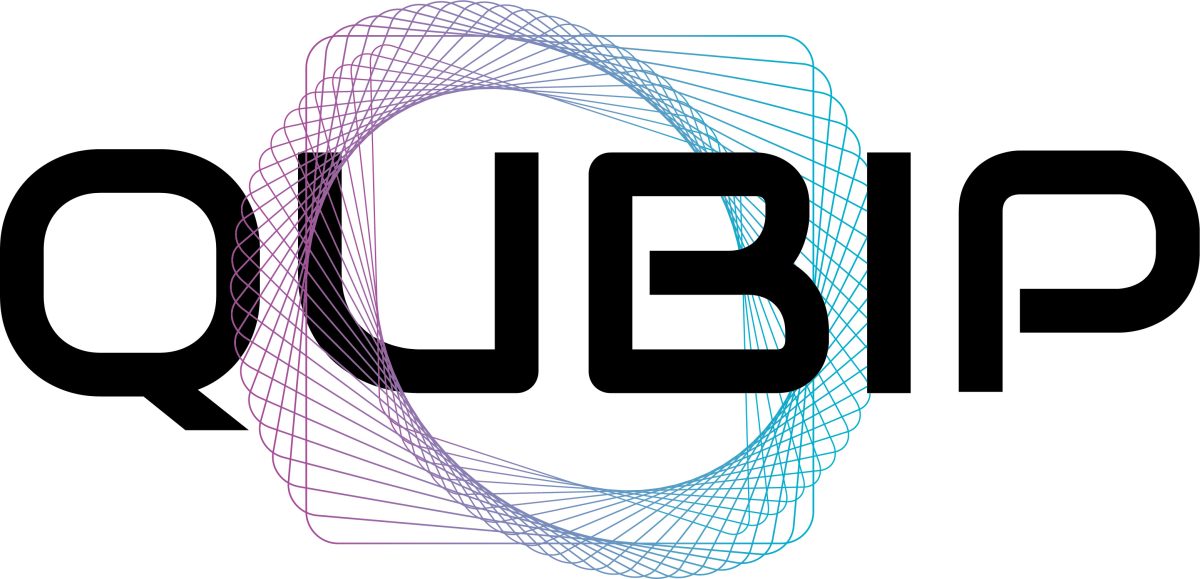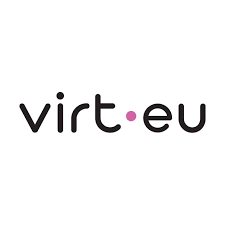QUBIP – Quantum-oriented Update to Browsers and Infrastructures for the PQ Transition, (2023-2026)
Horizon Europe, Call: HORIZON-CL3-2022-CS-01-03
The networked future promises new relationships between people and artifacts, the private and the public, the individual and the collective. The increased networking capabilities of pervasive technologies mean that of personal data are being produced, analyzed, monetized and connected to other data streams in ways that hold both enormous potential and pose profound challenges for European society. Recent policy, such as the EU General Data Protection Regulation, reflects mounting public concerns around emerging data practices, RRI, data ethics and privacy. VIRT-EU addresses these concerns at the point of design through researching and intervening upon the development cultures and ethics of the nextgeneration IoT innovators. We ask how do European IoT innovators and developers make ethically consequential decisions – about code, hardware and data – for new connective devices? What assumptions about human behavior, privacy and freedom underpin European cultures of IoT innovation? VIRT-EU will analyze and map the ethical practices of European hardware and software entrepreneurs, maker and hacker spaces, and community innovators. Leveraging state of the art collaborative SSH and ICT methodological innovations, our goals are to (1) understand how IoT innovators enact ethics as they design future devices and (2) generate a new framework for Privacy, Ethical and Social Impact Assessment (PESIA), which will proactively position ethical self-assessments in the development process of IoT technologies. These tools, informed by legal approaches, data mining, quantitative and qualitative social science and design research serve to secure a place for societal concerns in the generation of new technologies, engaging societal stakeholders in ensuring a digital future which is populated by innovative devices and services that are explicitly aligned with, and conscious of, the ethical and social values held by EU citizens.


PRIMA – PRivacy Infringements Machine-Advice, (2023-2025)
Italian Ministry for Education, University and Research. PRIN 2022 (Research Projects of National Relevance)
PRIMA (PRivacy Infringements Machine-Advice) studies the law and practice of privacy policies, develops methods and techniques for their automated analysis, and implements a prototype to assess their lawfulness. It deploys analytics—a mix of data science, artificial intelligence, machine learning, natural language processing, and statistics—to detect and assess privacy policies’ infringments. PRIMA has three main objectives: 1) Normative (doctrinal) objective: The project will provide deeper understanding of the legal requirements concerning privacy policy. It will define normative standards concerning two case studies (i.e., online platforms and e-health products). It will identify criteria for their quality relative to: i) comprehensiveness of information; ii) substantive compliance; and iii) clarity of expression. It will identify and classify clauses that are unlawful or potentially unlawful. 2) Empirical (socio-legal) objective: The project will expand the existing knowledge of the structure, logic, and dynamic of practices concerning privacy policies in order to (i) detect trends in the content and usage of the policies, (ii) discuss impacts on the formulation and accessibility on parties’ behaviour; (iii) identify and classify legal shortcomings as well as good practices. 3) Legal-informatics objective: The project will provide a new approach for the analysis, assessment and improvement of legal documents. It will show how methods and techniques for natural language processing and machine learning can be deployed and further developed in the domain of data protection policies and related contracts. It will build a prototype to (i) detect and assess privacy policies’ infringements, by detecting (potentially) unlawful and unclear clauses and pointing to missing information, (ii) compute a data-protection score, providing an overall evaluation of the privacy policy (iii) provide advice to improveme privacy policies, (iv) facilitate appropriate legal or social counteractions. The project team combines all the different scientific, theoretical and methodological approaches into a new interdisciplinary synthesis (law, computing, legal informatics, AI, ML, legal theory, computer ethics). PRIMA has the potential to have a strong impact on science and technology as well as on society and economics, placing Italian legal research and practice at the forefront in the use of AI in the legal domain. The study and the practice of the law will also profit from a new powerful method for legal cognition, practice and law enforcement. PRIMA will contribute to what we may call citizens-empowering AI, i.e., to the development of AI technologies supporting individuals and civil society. In particular, it will develop methods and technologies to engage more proactively and effectively in monitoring compliance and in enforcing the law by relying on AI tools.
CyberSec4Europe – SU-ICT-03-2018, (2019-2022) – Responsabile Scientifico
UE-funded research – H2020 – Industrial Leadership – LEIT – ICT
With its aim to boost the effectiveness of the Security Union, the EU wishes to ensure that it retains and develops essential capacities to secure its digital economy, infrastructures, society and democracy. The EU has recognised that cybersecurity research, competences and investments are spread across Europe with too little alignment, and that there is an urgent need to step up investment in technological advancements that could make the Digital Single Market more cybersecure and overcome the fragmentation of EU research capacities. CyberSec4Europe will align and interconnect a vast pool of research excellence in existing centres and research facilities, bringing together cybersecurity expertise in an interdisciplinary manner while developing a governance model for the future European Cybersecurity Competence Network. The 43 consortium partners will consolidate and reinforce cooperation and synergies between the research and industrial communities, including SMEs. The 42-month project will strengthen the research and innovation competence and cybersecurity capacities of Member States to meet the increasing number of cybersecurity challenges in the future. The project has identified key demonstration cases in different industrial domains, including finance, healthcare, transportation and smart cities. These address prominent research areas in both the public and private sectors that correspond closely with real-world issues, cyber threats and security problems. Another important outcome will be the development of a cybersecurity skills framework model to be used as a reference by education providers, employers and citizens.


VIRT-EU – ICT-35-2016, (2017-2019) – Responsabile Scientifico
UE-funded research – H2020 – Industrial Leadership – LEIT – ICT
The networked future promises new relationships between people and artifacts, the private and the public, the individual and the collective. The increased networking capabilities of pervasive technologies mean that of personal data are being produced, analyzed, monetized and connected to other data streams in ways that hold both enormous potential and pose profound challenges for European society. Recent policy, such as the EU General Data Protection Regulation, reflects mounting public concerns around emerging data practices, RRI, data ethics and privacy. VIRT-EU addresses these concerns at the point of design through researching and intervening upon the development cultures and ethics of the nextgeneration IoT innovators. We ask how do European IoT innovators and developers make ethically consequential decisions – about code, hardware and data – for new connective devices? What assumptions about human behavior, privacy and freedom underpin European cultures of IoT innovation? VIRT-EU will analyze and map the ethical practices of European hardware and software entrepreneurs, maker and hacker spaces, and community innovators. Leveraging state of the art collaborative SSH and ICT methodological innovations, our goals are to (1) understand how IoT innovators enact ethics as they design future devices and (2) generate a new framework for Privacy, Ethical and Social Impact Assessment (PESIA), which will proactively position ethical self-assessments in the development process of IoT technologies. These tools, informed by legal approaches, data mining, quantitative and qualitative social science and design research serve to secure a place for societal concerns in the generation of new technologies, engaging societal stakeholders in ensuring a digital future which is populated by innovative devices and services that are explicitly aligned with, and conscious of, the ethical and social values held by EU citizens.